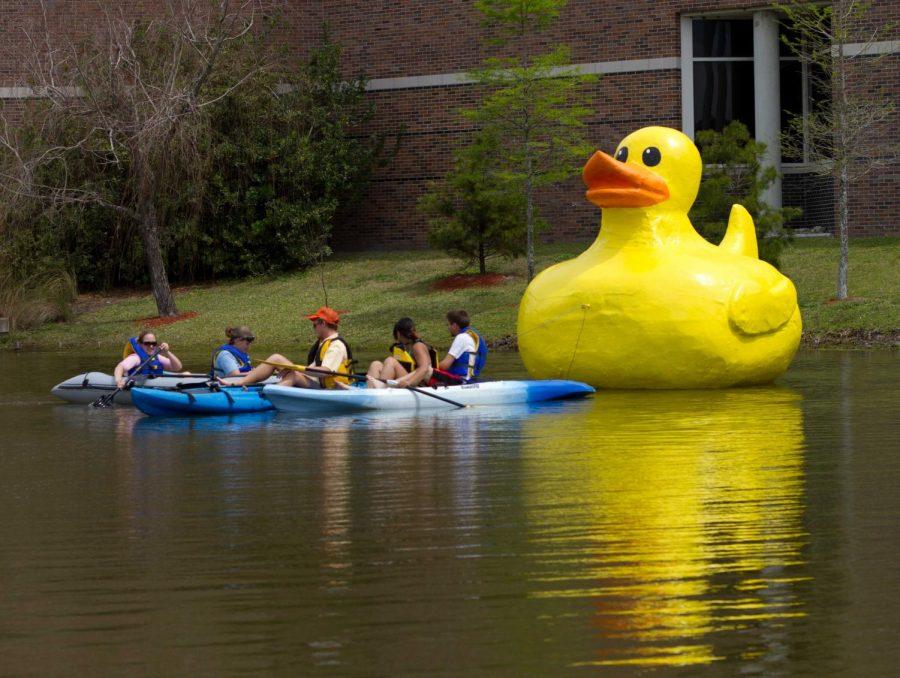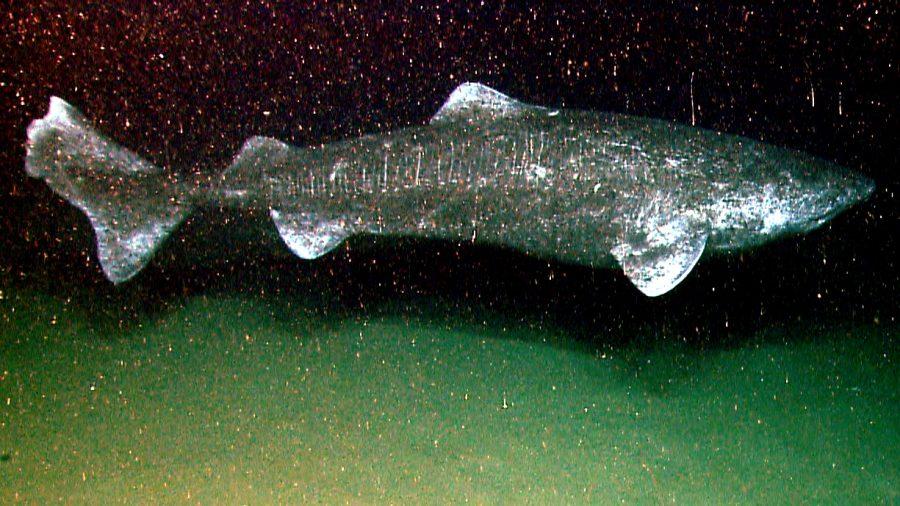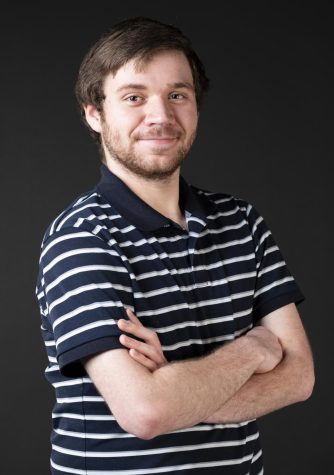During this COVID-19 pandemic, through a combination of lockdown orders, social distancing, and general common sense, humanity has gone through unprecedented and unparalleled changes in how we live our daily lives.
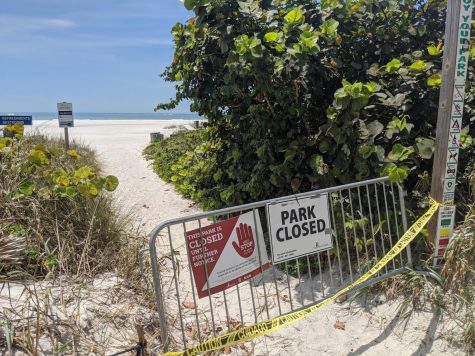
The environment has seen some unusual, but not necessarily unforeseen, changes due to these circumstances. UNF Biology Professor, with an expertise on toxicology, James Gelsleichter, was gracious enough to sit down (over Zoom, obviously) with Spinnaker to give some insight into these changes
“Shutdown has led to this pretty significant decline in sources of pollution,” said Professor Gelsleichter.
He also explained how the largest and most conclusive effect of the shutdown on human pollution is air pollution. Jacksonville doesn’t have the best air quality around, and that’s due to nitrogen oxides, primarily produced by energy plants and cars, can build up and react to turn into Ozone, leaving the nitrogen in the environment, creating photochemical smog. Satelite imaging has shown that Jacksonville has an Ozone problem, but that, due to this lockdown, it has actually decreased due to less car emissions.
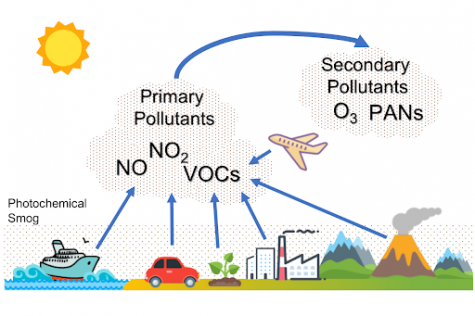
Professor Gelsleichter theorizes that, despite the considerable decrease in air pollution from cars, due to lack of mass transit, is countered by the fact that energy plants, the other primary source of nitrogen oxides, have seen an increase in activity due to increased technology use at home. That being said, the effect is not completely negated by this, rather it is slightly lessened.
Professor Gelsleichter stated that this is “sort of like an unintended experiment”, in that “water and air quality are better than they’ve ever been”. This means that it’s not too late to stop and reverse our pollution of the environment, despite the apocalyptic messages people may spread saying otherwise. He fears that this fact is getting lost amid all the COVID-19 news, as people are more concerned with restarting the economy. “This is a really strong demonstration that we have to be slow and careful in how we show that benefit to the public”.
While he definitely agrees that these extreme measures are not practical in the long run just a little restraint can go a long way in reducing pollution. A huge shoutout to Professor Gelsleichter for giving Spinnaker this incredibly insightful interview.
__
For more information or news tips, or if you see an error in this story or have any compliments or concerns, contact editor@unfspinnaker.com.




